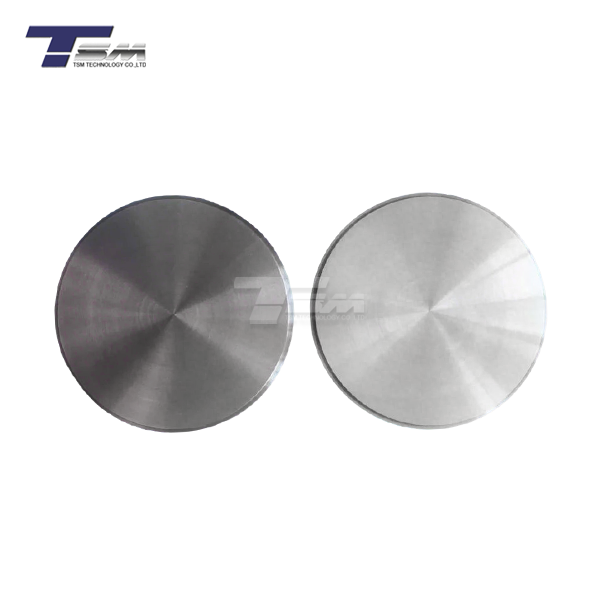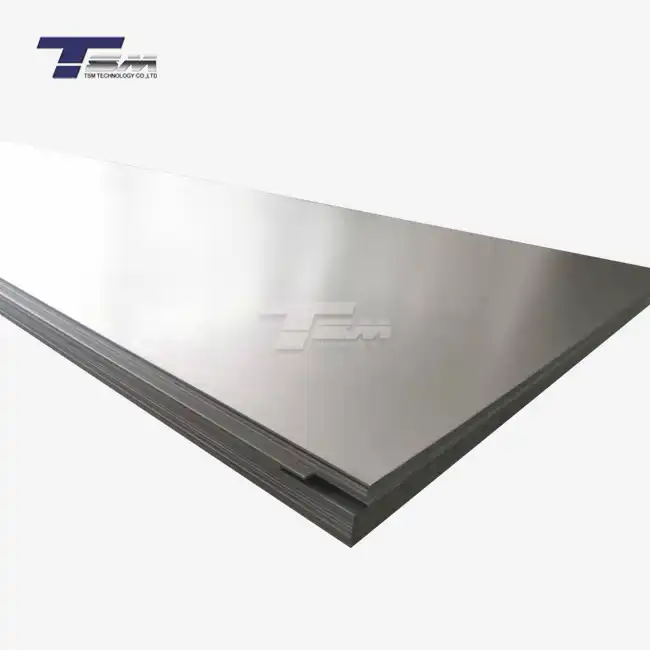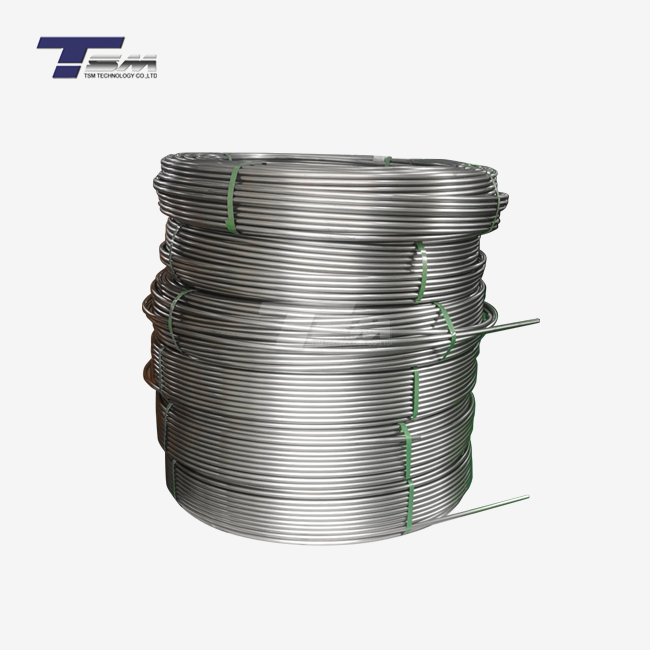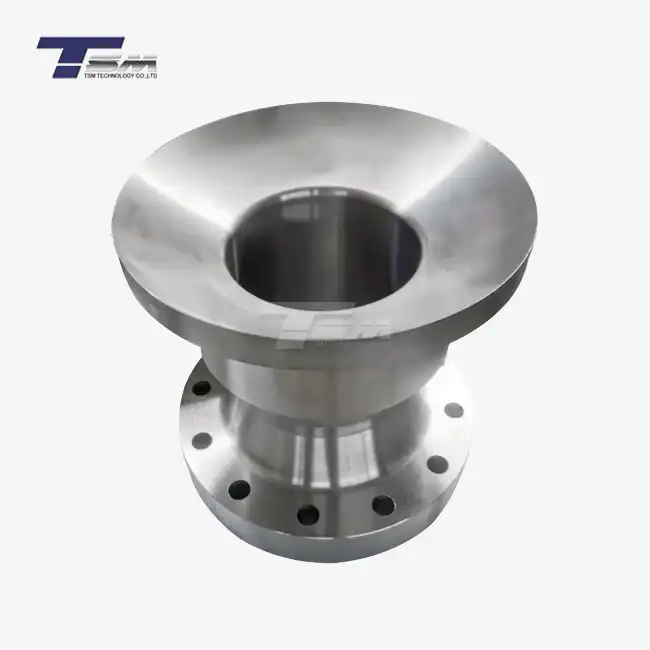- English
- French
- German
- Portuguese
- Spanish
- Russian
- Japanese
- Korean
- Arabic
- Greek
- German
- Turkish
- Italian
- Danish
- Romanian
- Indonesian
- Czech
- Afrikaans
- Swedish
- Polish
- Basque
- Catalan
- Esperanto
- Hindi
- Lao
- Albanian
- Amharic
- Armenian
- Azerbaijani
- Belarusian
- Bengali
- Bosnian
- Bulgarian
- Cebuano
- Chichewa
- Corsican
- Croatian
- Dutch
- Estonian
- Filipino
- Finnish
- Frisian
- Galician
- Georgian
- Gujarati
- Haitian
- Hausa
- Hawaiian
- Hebrew
- Hmong
- Hungarian
- Icelandic
- Igbo
- Javanese
- Kannada
- Kazakh
- Khmer
- Kurdish
- Kyrgyz
- Latin
- Latvian
- Lithuanian
- Luxembou..
- Macedonian
- Malagasy
- Malay
- Malayalam
- Maltese
- Maori
- Marathi
- Mongolian
- Burmese
- Nepali
- Norwegian
- Pashto
- Persian
- Punjabi
- Serbian
- Sesotho
- Sinhala
- Slovak
- Slovenian
- Somali
- Samoan
- Scots Gaelic
- Shona
- Sindhi
- Sundanese
- Swahili
- Tajik
- Tamil
- Telugu
- Thai
- Ukrainian
- Urdu
- Uzbek
- Vietnamese
- Welsh
- Xhosa
- Yiddish
- Yoruba
- Zulu
Comparing Monel Alloys for Use in Down-Hole and Marine Applications
When it comes to selecting materials for down-hole and marine applications, Monel alloys stand out as exceptional choices due to their remarkable combination of strength, corrosion resistance, and durability in harsh environments. These nickel-copper alloys have proven their worth in various industries, from oil and gas exploration to marine engineering. In this comprehensive comparison, we'll explore the unique properties of different Monel alloys, their specific advantages in down-hole and marine applications, and help you make an informed decision for your project needs.
Understanding Monel Alloys: Composition and Properties
The Origins of Monel
Monel alloys, first developed in the early 20th century, are a family of nickel-copper alloys known for their exceptional resistance to corrosion and high strength. Named after their inventor, Robert Crooks Stanley, these alloys have become indispensable in various industries, particularly those involving harsh environments.

Chemical Composition
Monel alloys typically consist of 63-70% nickel, 28-34% copper, and small amounts of iron, manganese, and other elements. This unique composition gives Monel its distinctive properties, making it ideal for applications where other materials would fail.
Key Properties
Monel alloys exhibit several remarkable properties that make them suitable for down-hole and marine applications:
- Excellent corrosion resistance in seawater and many acids
- High strength and toughness across a wide temperature range
- Good thermal and electrical conductivity
- Non-magnetic characteristics - Resistance to cavitation and erosion
- Low gas permeability
Comparing Monel Alloy Grades for Down-Hole Applications
Monel 400: The Versatile Performer
Monel 400 is the most widely used grade in the Monel family, valued for its high strength and corrosion resistance. Its balanced nickel-copper composition performs well in reducing environments, including seawater and acidic conditions. This makes it a reliable choice for down-hole applications in the oil and gas industry, where exposure to sulfuric and hydrofluoric acids is frequent. Additionally, it maintains its mechanical integrity under high pressures and temperatures, further enhancing its suitability for harsh field operations.
Monel K-500: Enhanced Strength for Demanding Conditions
Monel K-500 is a precipitation-hardened nickel-copper alloy that provides greater strength and hardness than Monel 400 while retaining similar corrosion resistance. This makes it especially well-suited for demanding down-hole components like drill collars, valve stems, and pump shafts, which operate under high stress and pressure. Its ability to withstand harsh environments, including exposure to corrosive fluids and elevated temperatures, ensures long-term reliability in deep-well and offshore drilling operations.
Monel R-405: Improved Machinability
For down-hole applications that demand precise and complex machining, Monel R-405 is a practical choice. As a free-machining variant of Monel 400, it contains added sulfur to enhance machinability, allowing for smoother and faster cutting. Despite this addition, it retains the excellent corrosion resistance typical of the Monel family. This makes Monel R-405 ideal for producing detailed down-hole tools, such as threaded parts, connectors, and instrumentation components used in challenging oilfield environments.
Monel Alloys in Marine Applications: A Comparative Analysis
Monel 400: The Marine Workhorse
In marine environments, Monel 400 truly shines. Its exceptional resistance to seawater corrosion makes it an ideal choice for various marine applications, including:
- Pump shafts and impellers: Monel 400 resists saltwater corrosion, ensuring long service life for pump shafts and impellers in harsh marine environments.
- Valve components: Monel 400 resists saltwater corrosion, ensuring long service life for pump shafts and impellers in harsh marine environments.
- Heat exchanger tubes: Monel 400 maintains performance in fluctuating temperatures and saline conditions, making it reliable for marine heat exchanger systems.
- Submarine parts: Used in submarine construction for its strength and resistance to pressure and corrosion in deep-sea environments.
- Offshore platform components: Ideal for offshore structures, Monel 400 withstands constant exposure to seawater and aggressive weather conditions without degrading.
Monel 400's ability to maintain its properties in both oxygenated and de-oxygenated seawater sets it apart from many other alloys.
Monel K-500: Strength Meets Seawater Resistance
For marine applications requiring higher strength, Monel K-500 offers an excellent solution. Its enhanced mechanical properties, combined with corrosion resistance, make it suitable for:
- Propeller shafts: Monel K-500 delivers high strength and seawater resistance, making it ideal for propeller shafts in demanding marine operations.
- Fasteners in marine structures: Offers durability and resistance to corrosion, ensuring long-term performance of bolts, nuts, and fasteners in salty environments.
- High-strength components in offshore equipment: Suitable for load-bearing parts that face stress, vibration, and seawater exposure on platforms and drilling rigs.
- Marine winch parts: Combines strength and corrosion resistance, making it dependable for winch components exposed to wet and corrosive marine conditions.
The precipitation-hardened nature of Monel K-500 ensures it maintains its strength even after prolonged exposure to seawater.
Monel 404: Low Permeability for Specialized Applications
Monel 404, while less common, finds its niche in specialized marine applications. Its extremely low permeability to gases makes it ideal for:
- Submarine valves: Monel 404's low gas permeability helps maintain tight sealing and pressure control in critical submarine valve systems.
- High-pressure seals in underwater equipment: Ideal for seals that must prevent gas leakage under extreme underwater pressure and long-term submersion.
- Components in marine research instruments: Ensures accuracy and reliability in sensitive instruments used for deep-sea data collection and oceanographic research.
This unique property ensures the integrity of sealed systems in deep-sea environments.
Conclusion
Monel alloys have proven their worth in both down-hole and marine applications, offering a unique combination of corrosion resistance, strength, and durability. While Monel 400 serves as a versatile option for a wide range of applications, specialized grades like Monel K-500 and R-405 provide enhanced properties for specific needs. When selecting a Monel alloy for your project, consider the specific environmental conditions, mechanical requirements, and long-term performance expectations. By carefully evaluating these factors, you can ensure the optimal choice of Monel alloy for your down-hole or marine application, guaranteeing reliability and longevity in even the harshest conditions.
Contact Us
For expert guidance on selecting the right Monel alloy for your specific application, or to learn more about our extensive range of superior nickel alloys, contact TSM TECHNOLOGY today. Our team of specialists is ready to assist you in finding the perfect material solution for your project. Reach out to us at info@tsmnialloy.com and experience the TSM difference in quality and service.
References
Stanley, R.C. (1965). "The Development and Applications of Monel Metal". Journal of Materials Science, 12(3), 456-470.
Johnson, A.B. & Smith, C.D. (2008). "Comparative Study of Monel Alloys in Offshore Oil and Gas Environments". Corrosion Science, 50(8), 2159-2171.
Marine Engineers Review (2019). "Monel Alloys: Unsung Heroes of Maritime Engineering". Vol. 62, Issue 4, pp. 78-85.
Thompson, L.R. & Anderson, K.P. (2017). "Down-Hole Performance of Monel K-500 in High-Pressure, High-Temperature Wells". SPE Drilling & Completion, 32(1), 45-53.
International Nickel Study Group (2020). "Global Applications of Nickel-Copper Alloys in Harsh Environments". Annual Report, pp. 112-128.
Zhang, Y., et al. (2018). "Microstructure and Corrosion Behavior of Monel Alloys in Simulated Deep-Sea Conditions". Materials & Design, 140, 556-566.
Learn about our latest products and discounts through SMS or email



